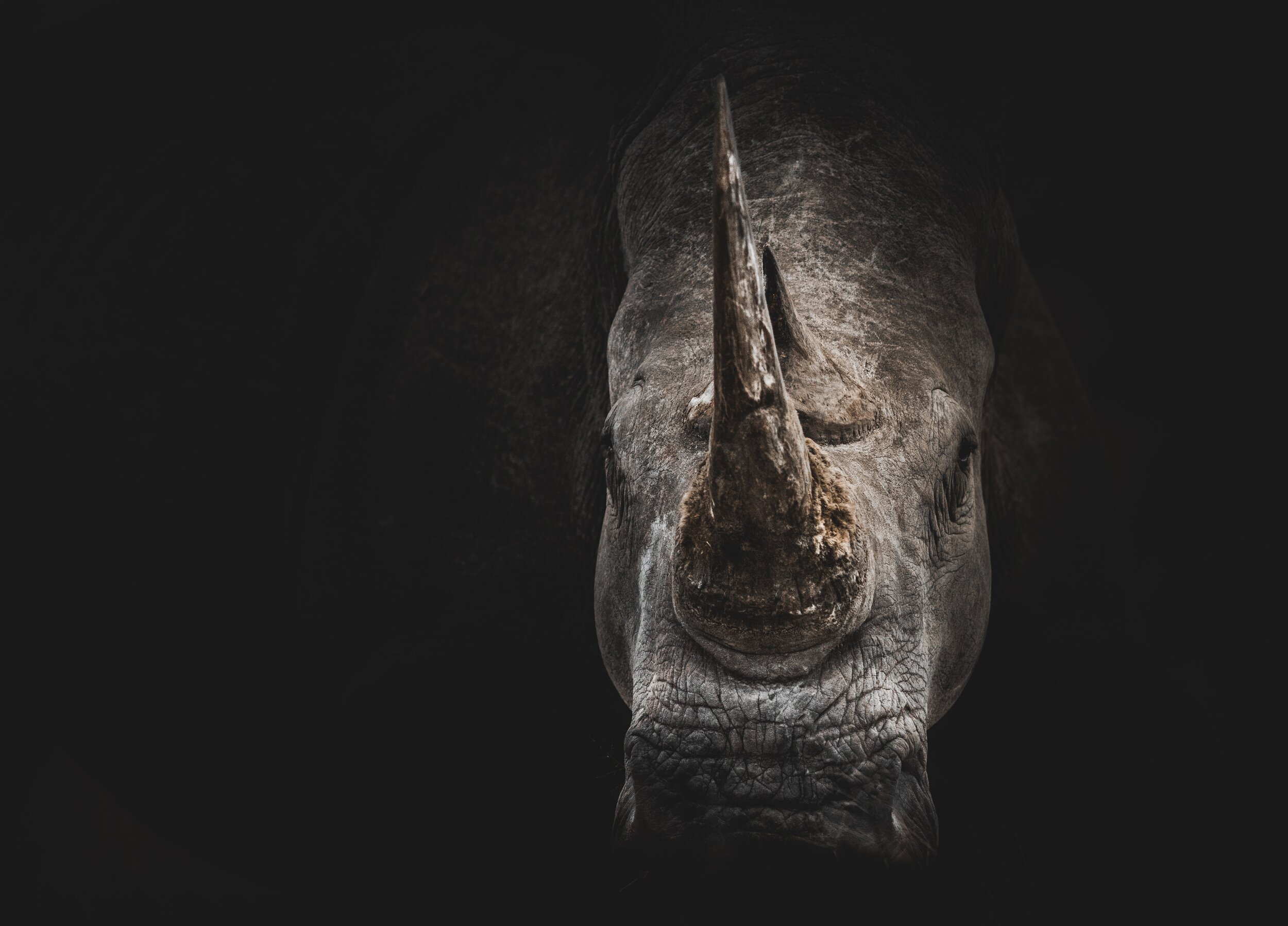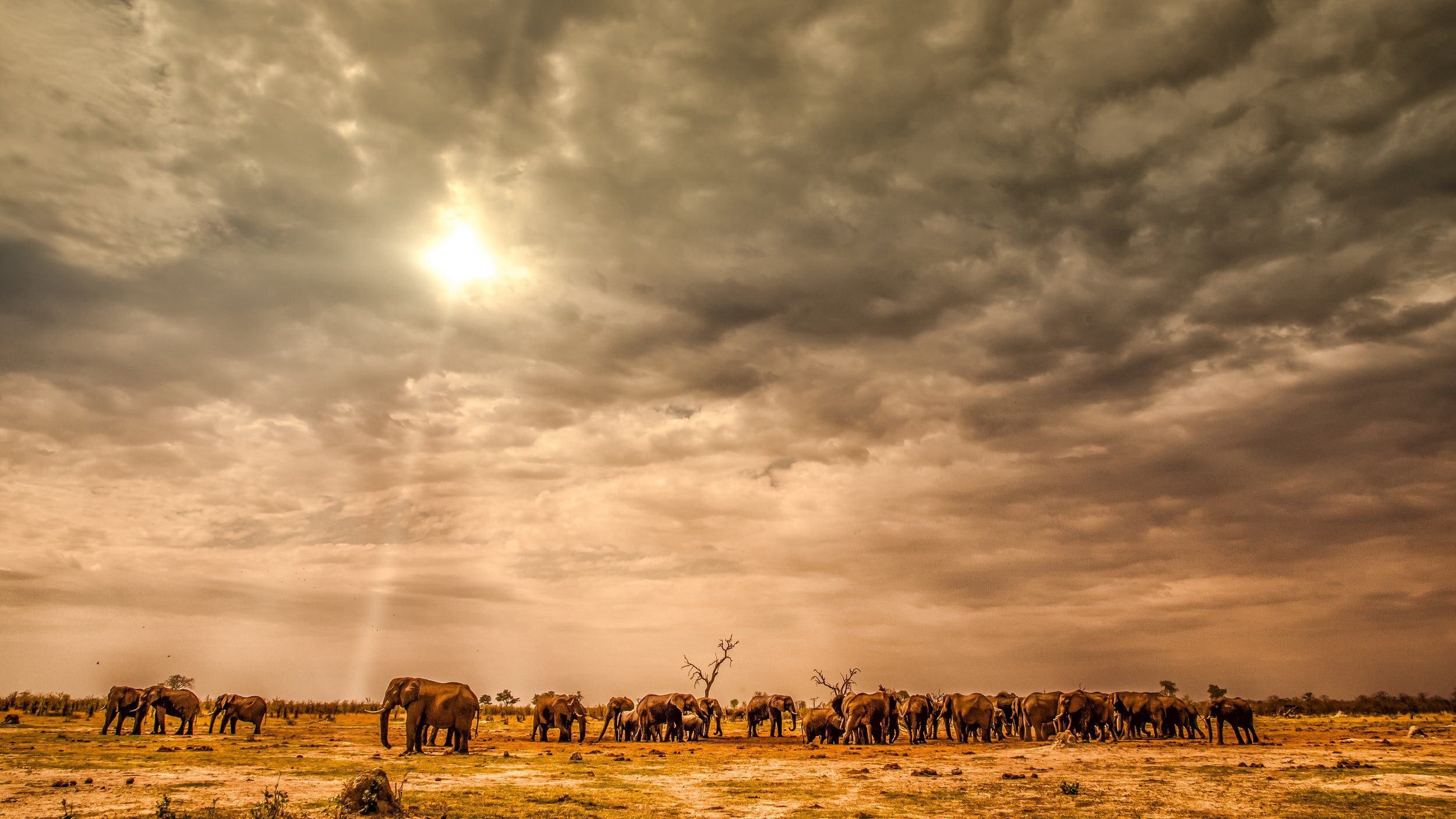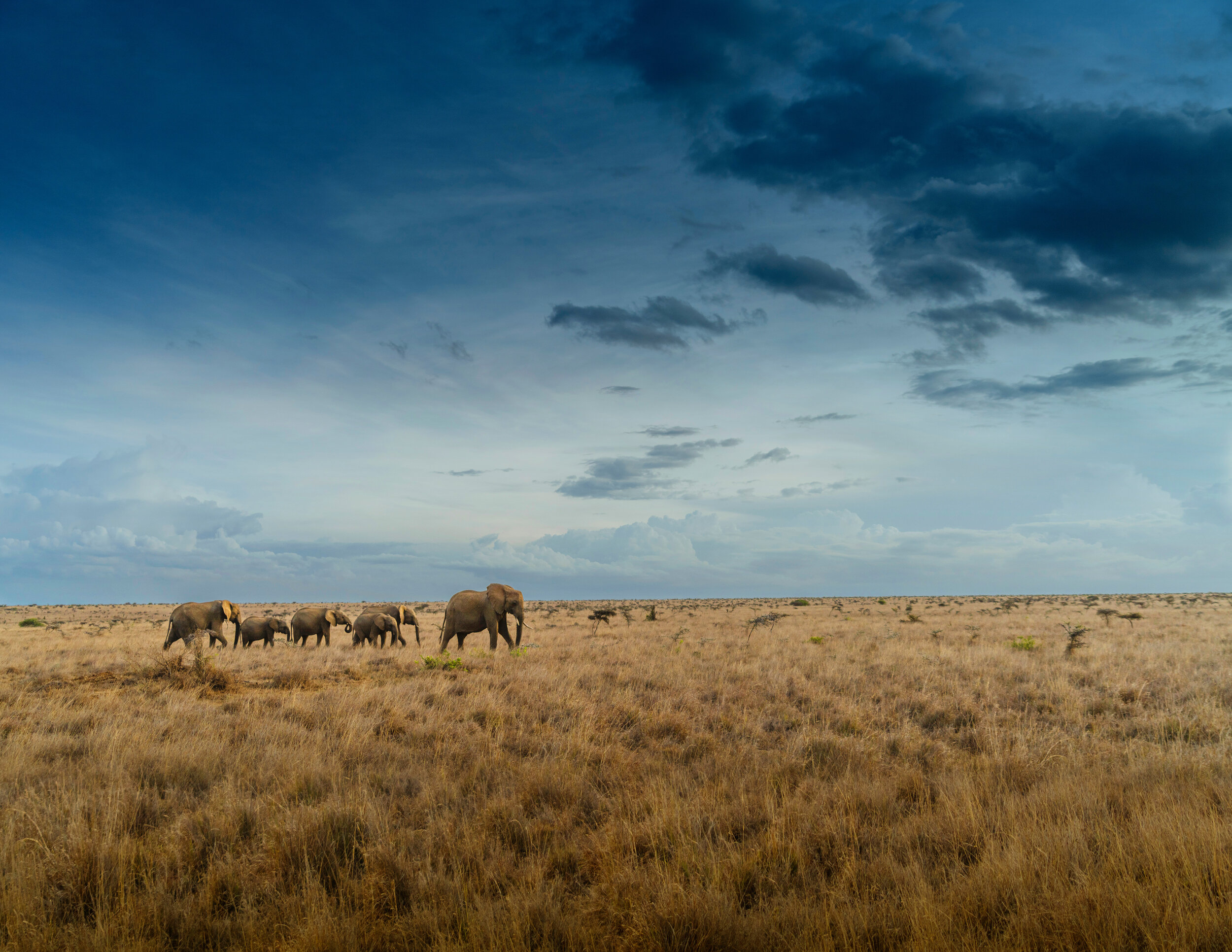
Wildlife justice
Wildlife crime is a multi-billion-dollar illicit business. It decimates Africa’s wildlife and undermines economic prosperity and sustainable development, including legal enterprises such as tourism. It also threatens social stability and cohesion and deprives people of their cultural and natural heritage. A combination of weak law enforcement within and across national borders, inconsistent legal frameworks and prosecution, and poor international cooperation have enabled the illegal wildlife trade to flourish, even as species are pushed towards extinction.
And like nature, wildlife crime knows no borders. That is why we believe we need to collaborate at both a global and regional level to have a meaningful impact and deliver justice.
Our approach is to work with African governments, law enforcement and judiciaries across regions to strengthen wildlife justice systems to combat, detect and deter wildlife crime to help halt biodiversity loss.
How do we do this?
1. Policy and law development
Our Wildlife Law and Justice team supports governments, law enforcement, and judiciaries to create deterrents to wildlife crime by establishing robust legal frameworks and improving processes along the entire judicial system.
2. Judicial capacity building
Through capacity building and training of relevant state law enforcement and judicial staff, our team ensures they can apply the reformed or existing legal and policy frameworks. By developing tools such as our wildlife crime Rapid Reference Guides, we can confirm that cases are as watertight as possible and that trials proceed appropriately.
3. Courtroom Monitoring
Our team continues to monitor wildlife crime cases to collect empirical baseline data to understand how the courts handle wildlife crime cases, what factors affect them and what interventions are needed. These include high-profile cases for high-value species such as sandalwood, elephant and bushmeat poaching.

What is a Rapid Reference Guide?
The Rapid Reference Guide (RRG) contains brief descriptions of all laws and regulations. It is designed to help investigators, case managers and prosecutors build an evidential case against those accused of wildlife and related crimes. It is primarily a tool for prosecutors and wildlife crime investigators. The RRG is also an important reference for the broader law enforcement community conservation stakeholders working together to combat nature crimes and bring criminals to justice.
Impact
In 2022 alone, we:
Handled over 5,400 wildlife crime cases in 119 courts in 7 countries.
Trained over 920 wildlife rangers, investigators, prosecutors, judicial officers, and legislators on wildlife, forestry, fisheries, and environmental crimes.
25 copies of policies and legislative documents were developed and 3000 copies of the developed documents were distributed.
In 2021 alone, we:
Reviewed over 1,800 wildlife crime cases:
Over 300 cases in Kenya
423 cases in Uganda
151 cases in Zambia
939 cases in Zimbabwe
Developed Illegal Wildlife Trade Exhibit Management Standard Operating Procedure (SOPs) for the Kenya Wildlife Service and the Uganda Wildlife Authority Launched the Forum for Wildlife and Environmental Crimes Prosecutors, with 12 member states attending, and is significantly speeding up justice against international poaching networks
In Kenya:
Our wildlife justice team trained over 100 investigators, prosecutors and judicial officers using the third edition of the Kenya Rapid Reference Guide.
Over 75 Kenya Wildlife Service officers received first responder wildlife crime training and mobile crime kits, and 43 received year-long mentoring.
In Uganda:
The second edition of the Uganda Rapid Reference Guide was launched and 35 government agency officers were trained to be trainers. An additional 17 officers received year-long mentoring and scene of crime training.
In Namibia:
In May 2021, we launched the first edition of the Rapid Reference Guide and trained 40 trainers from various government agencies
In Zimbabwe:
Over 120 investigators, prosecutors, judicial officers and magistrates were trained on the Rapid Reference Guide in partnership with Speak Out For Animals.
Case Study: From the frontline to the courtroom
The Kavango–Zambezi Transfrontier Conservation Area (KAZA) is one of Africa’s most significant conservation landscapes. Consisting of five partner countries (Angola, Botswana, Namibia, Zambia and Zimbabwe), the conservation area stretches across 520,000 km2 and is a critical ecosystem upon which people and wildlife depend. The KAZA transfrontier area is important for many migratory species, especially its 200,000-strong elephant population, but is threatened by the illegal wildlife trade.
For conservation areas such as KAZA, policing the illegal wildlife trade is a challenge because of the borderless nature of the crime. By working with our government and conservation partners, we can strengthen capacity and resources along the entire illegal wildlife trade chain - from the frontline where wildlife crime originates to the courtroom where convictions are secured.
By working collaboratively with organisations already vested in the KAZA community, we have focused on the creation of a highly-skilled trans-frontier network of wildlife crime law enforcement and criminal justice officials across KAZA. This included training over 500 rangers, investigators, public prosecutors and judicial officers in improved methods of tackling wildlife crime.
The development of skills and investment in rangers and community scouts has enabled us to support the frontline response against those that perpetrate wildlife crimes. Frontline protection proved critical during the Covid-19 lockdowns when we saw increased pressure on natural resources, including bushmeat poaching. Between 2020 and 2021, rangers and community scouts recovered over 1,495 kilograms of illegal bushmeat. Our findings, however, suggest that there has been an overall decrease in wildlife crime and other illegal activities during this time. The actual impact will be determined over time, with increased conviction rates acting as a deterrent and disruptor.

SIGN UP FOR SOME GOOD NEWS
Stay up to date with the latest email updates from the field and be inspired by all the good news happening around us

